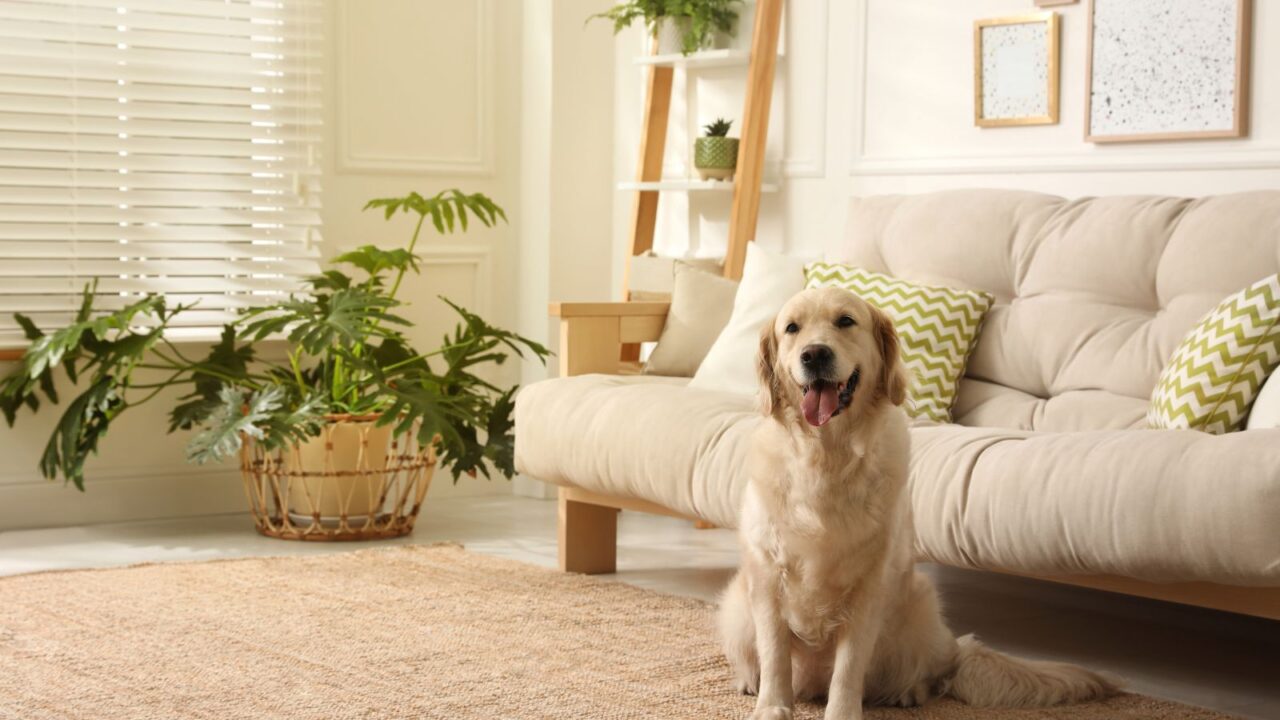
Is Your Home Truly Pet-Safe?
Hey, pet parents. Ever wondered if your home is as safe as you think for your furry friends? There’s more to it than just keeping the floors clean and food out of reach.
In this slideshow, we’ll uncover hidden risks in your home that could be harmful to your pets. So, talk about how to make sure your home is truly pet-friendly, with no surprises lurking around the corner.
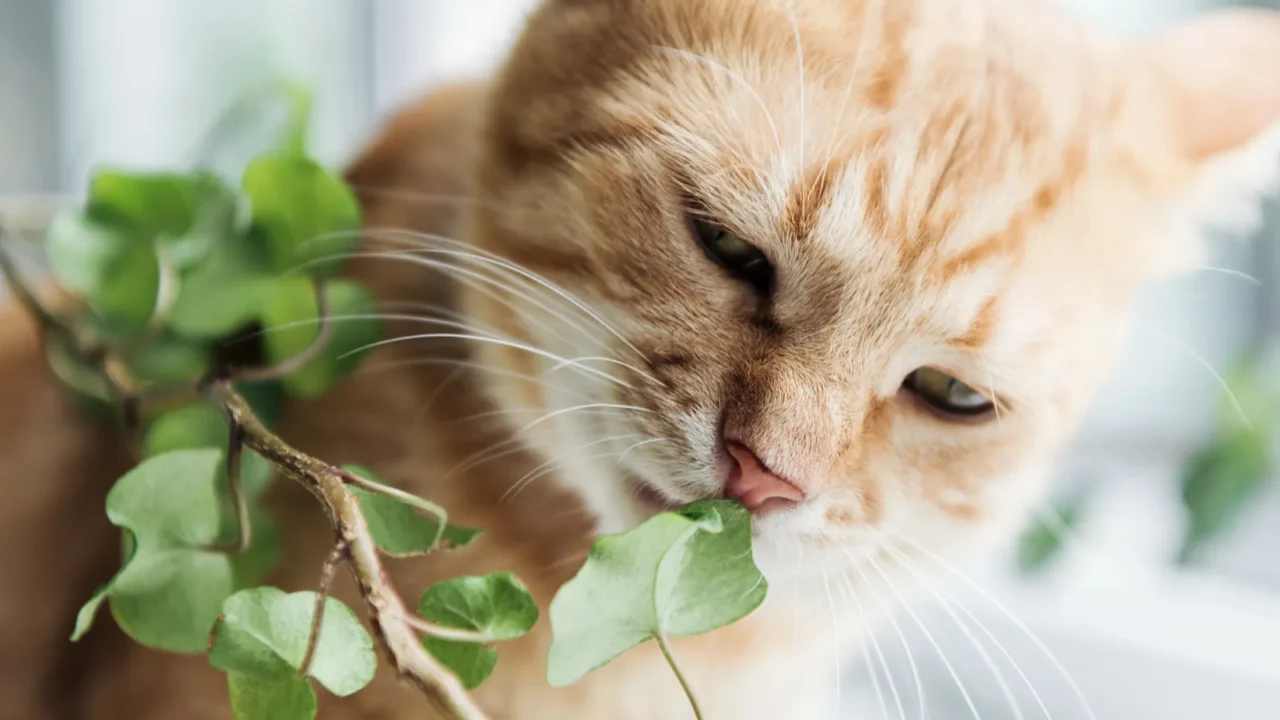
The Silent Dangers of Toxic Plants
Do you love indoor plants? They look great, but some of them can be dangerous to pets. For example, lilies, azaleas, and pothos are beautiful but toxic to cats and dogs.
They can cause symptoms like vomiting, drooling, or even organ failure. Check your houseplants and make sure they’re safe. If in doubt, keep them out of your pet’s reach or switch to non-toxic varieties like spider plants or succulents.
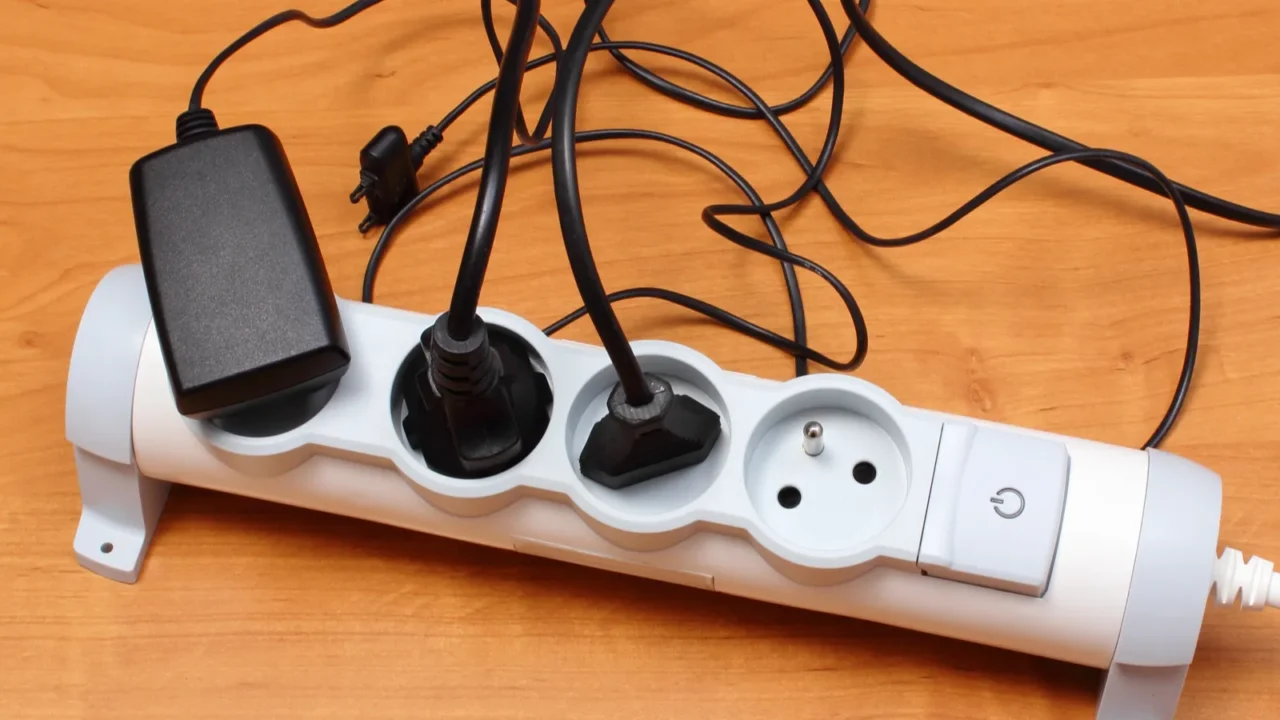
Don’t Forget About Electrical Cords
Is your pet a curious one? Cables and electrical cords are a prime target for many animals, especially puppies and kittens. A chewed cord can lead to electrical burns or even electrocution.
Try to hide or cover cords with protective wraps or cord organizers. Special covers are even available to ensure your pets stay safe from this hidden danger.
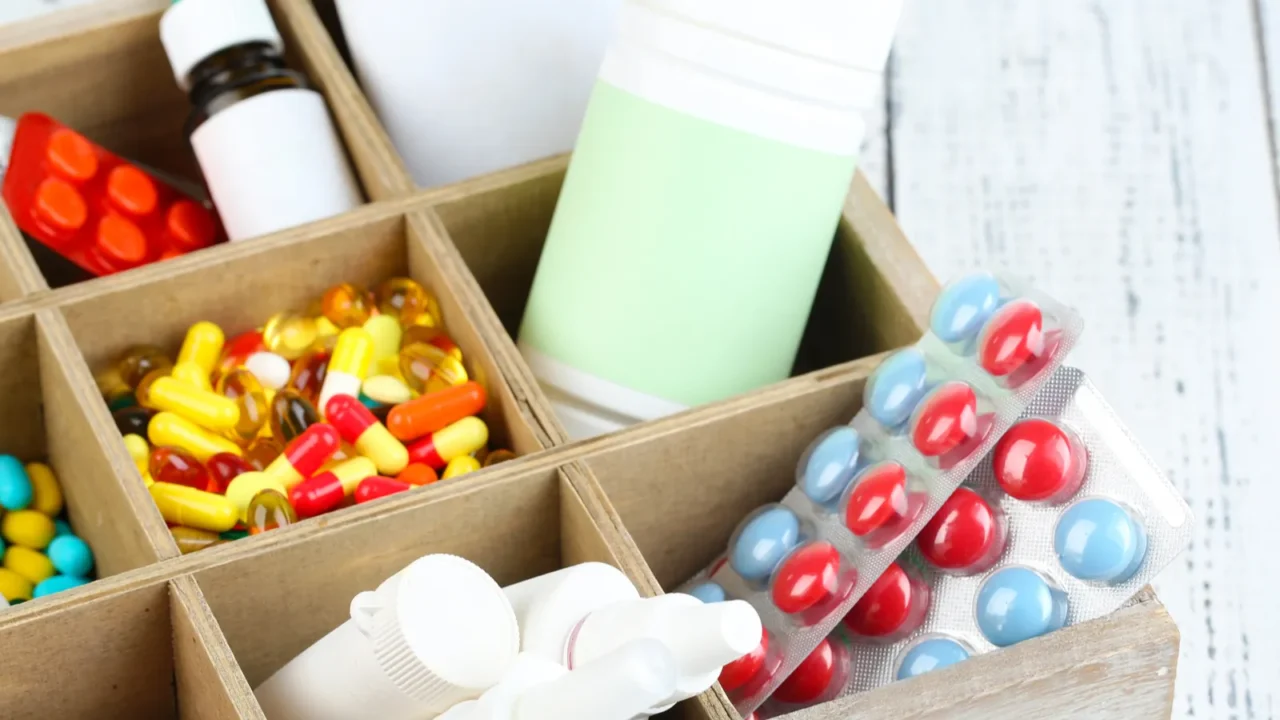
Hazardous Human Medications
We’ve all left a prescription bottle on the counter or the bathroom shelf, but did you know that many human medications are deadly to pets?
Common medications like ibuprofen, acetaminophen, and antidepressants can cause serious harm. Make it a habit to store all medicines safely in closed cabinets or drawers.
Always double-check before taking a pill to make sure it’s not within your pet’s reach.
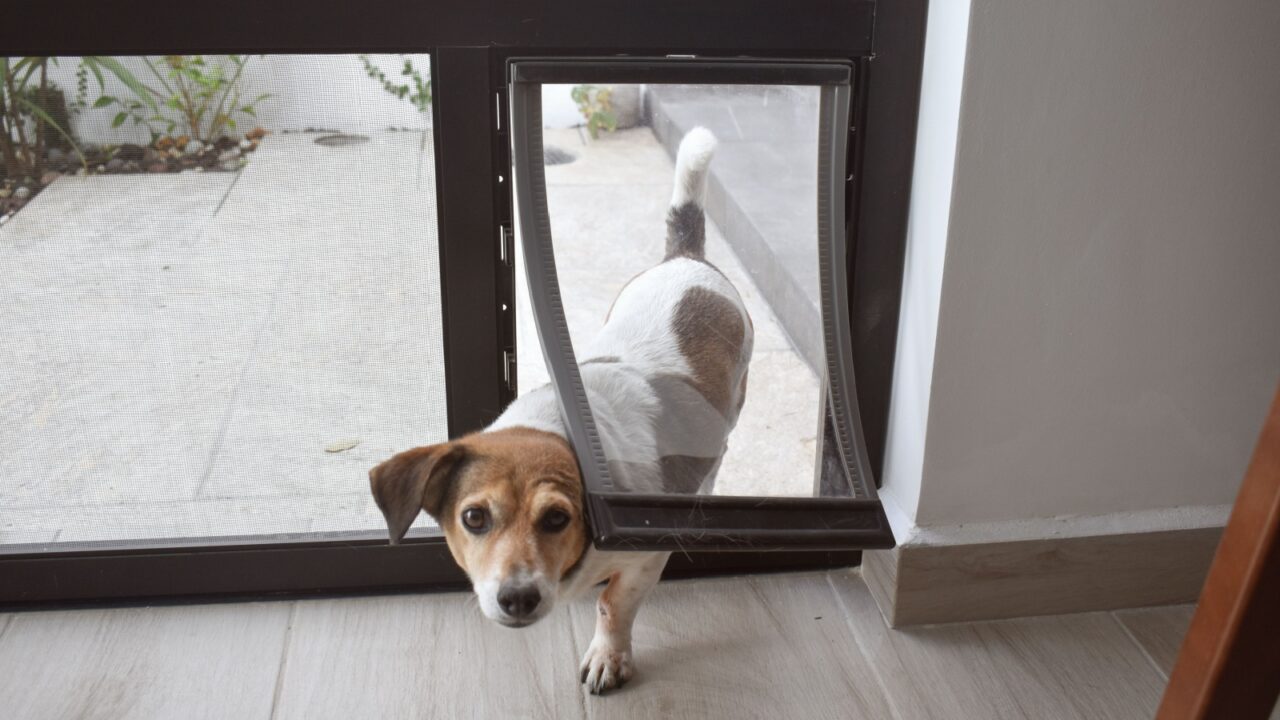
Secure Your Windows and Balconies
It’s easy to overlook, but open windows and balconies pose a serious risk to curious cats and dogs. Some pets love to jump up on windowsills, and it only takes a second for them to slip.
Always secure windows with screens or safety barriers, and if you have a balcony, ensure it’s pet-proof with barriers or netting to prevent any accidental falls.
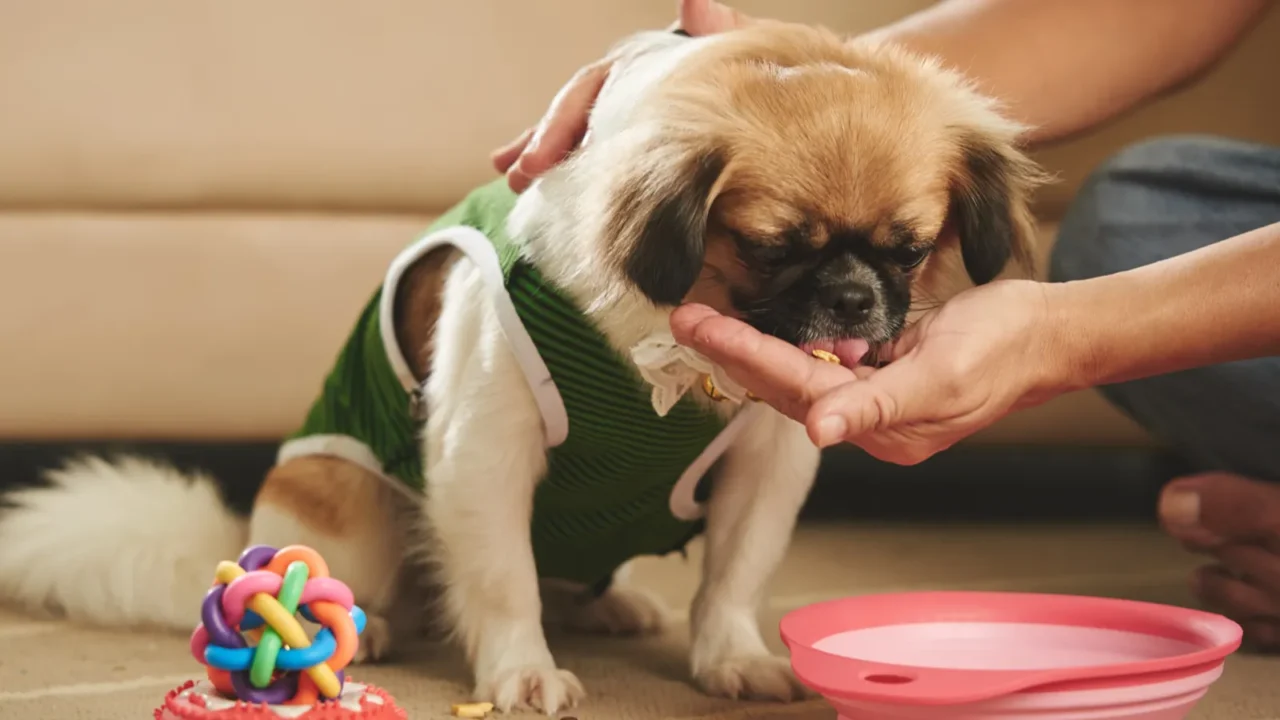
Dangerous Foods You Might Be Storing
We all love to spoil our pets with a treat here and there. But did you know some of the foods you keep in your pantry could be toxic to your pets?
Chocolate, grapes, onions, and xylitol (found in sugar-free gum) can cause anything from mild stomach upset to life-threatening reactions. Be sure to keep these foods stored out of reach, and always check labels if you’re unsure.
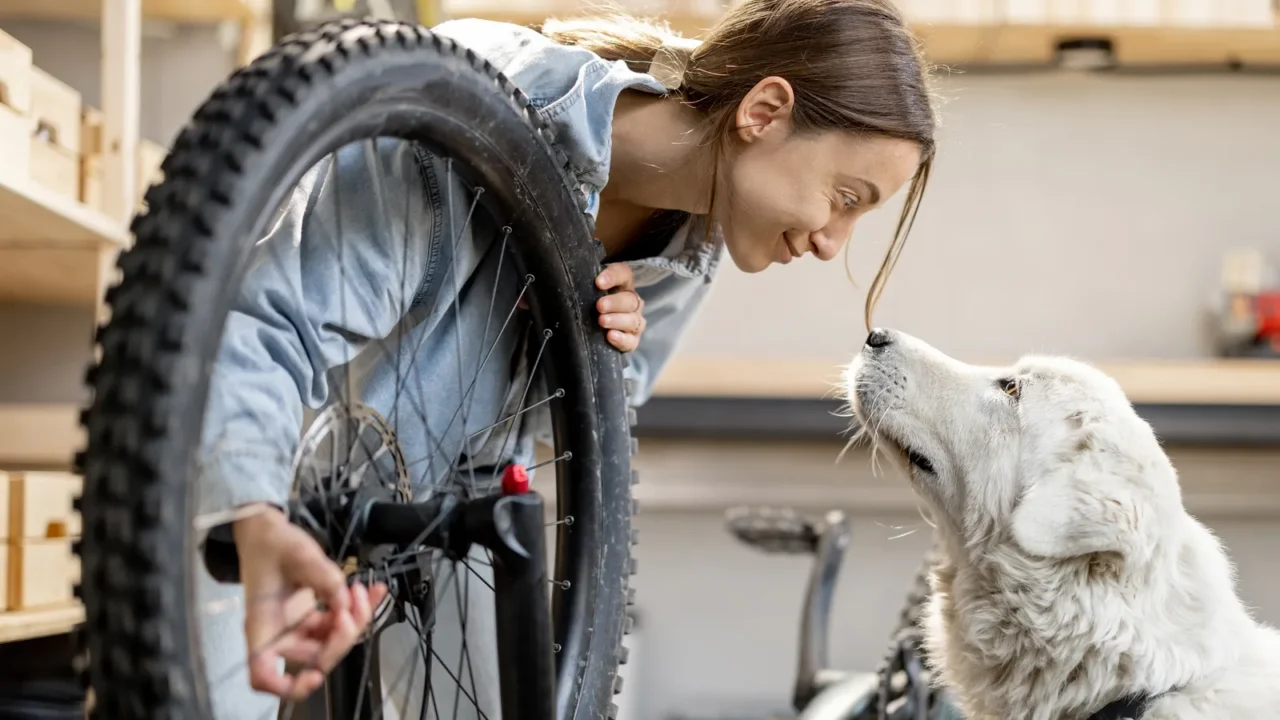
Hidden Dangers in the Garage
Does your garage look like a place for storage, old tools, or even spare car parts? It might seem harmless, but garages are often filled with toxins. Antifreeze, motor oil, and cleaning solvents are just a few examples of substances that are deadly to pets.
Store these in sealed, pet-proof containers and keep them far from any areas your pets frequent.
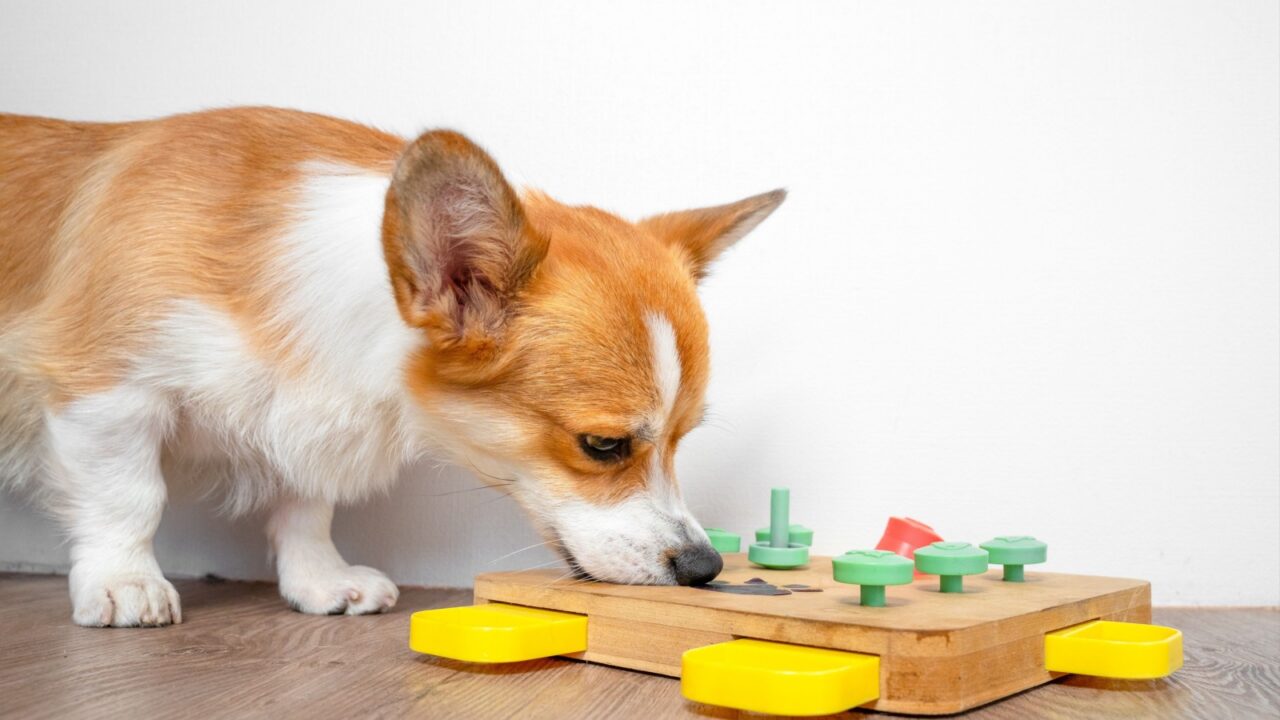
The Risk of Small Objects and Toys
Safety first, playtime second. While pet toys are made for fun, small parts can sometimes pose a choking hazard, especially for dogs who love to chew.
Small objects like buttons, coins, or rubber bands also fall into this category. So, always make sure to check the size and safety of toys, and regularly clean up any small objects your pet could find lying around.
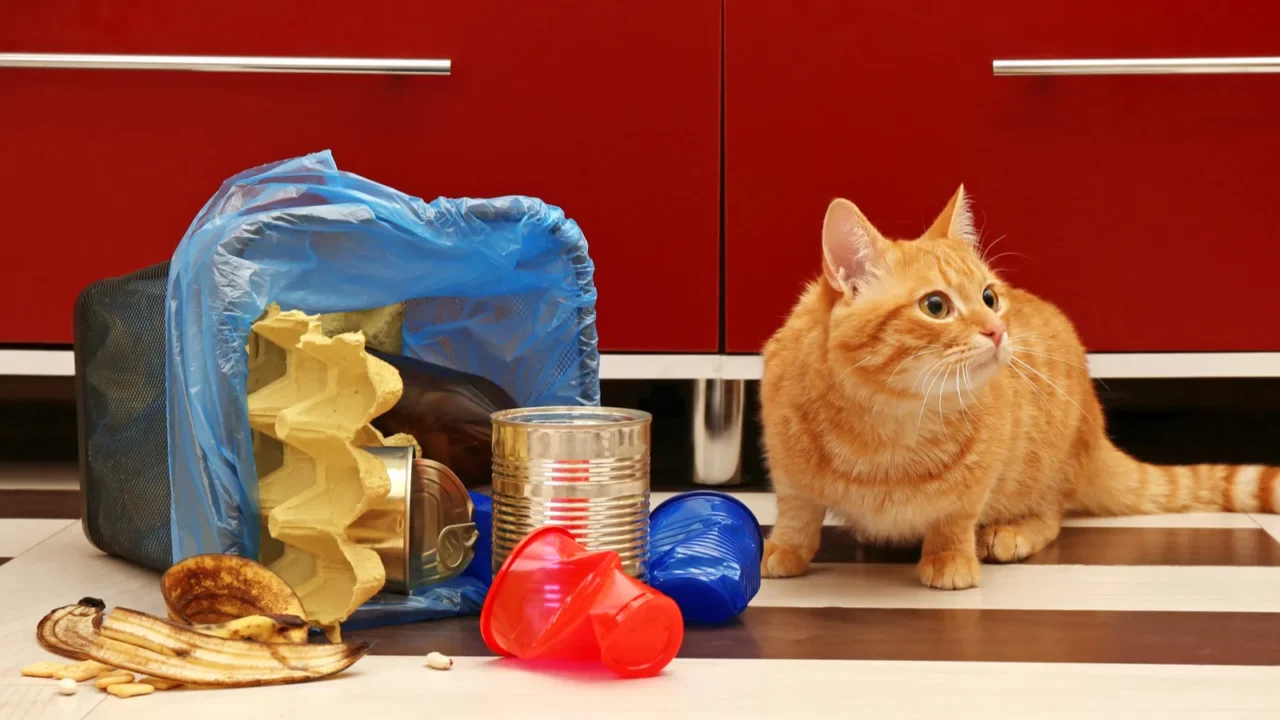
Pet-Proof Your Trash Cans
Did you know that your trash cans are one of the most dangerous places for pets in your home?
Dogs, especially, are known to get into the garbage and munch on something they shouldn’t. From spoiled food to sharp objects, it’s a breeding ground for potential injuries.
Invest in trash cans with secure lids, and consider keeping them behind closed doors or cabinets your pet can’t access.
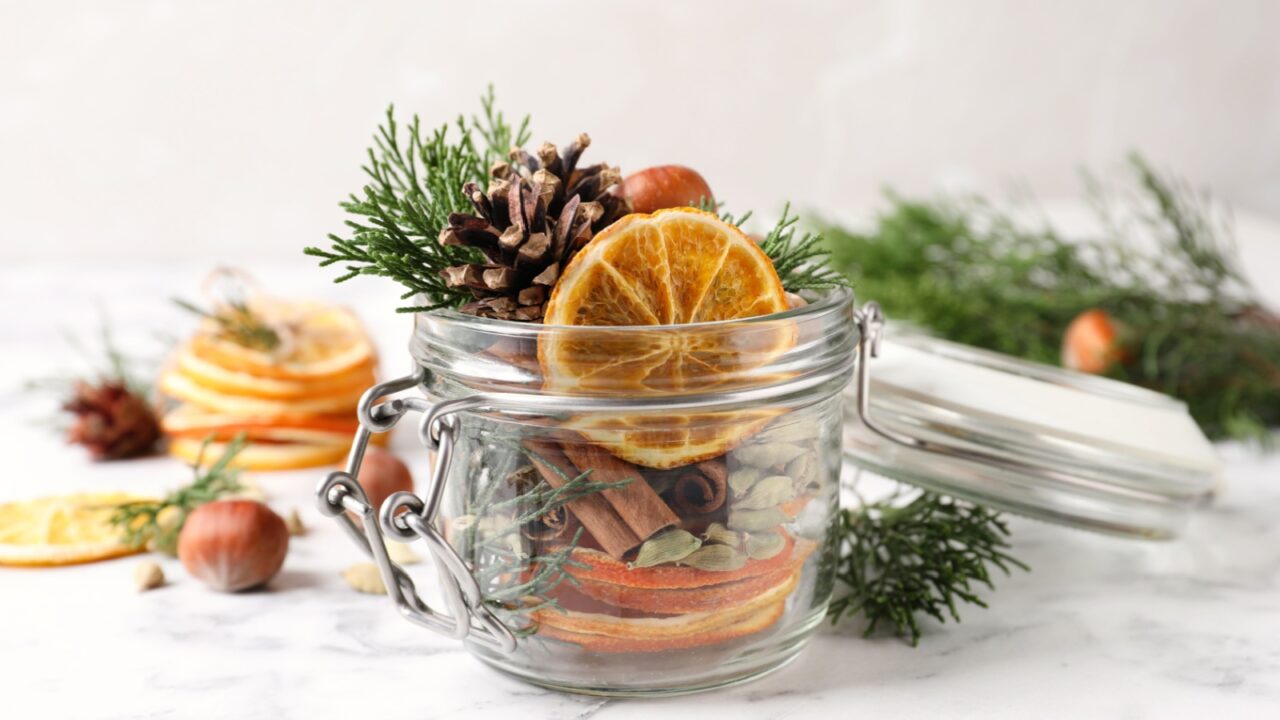
Toxic Air Fresheners
That lovely floral or citrus scent you love might be more harmful than you think. Many air fresheners and scented candles contain chemicals that can irritate your pet’s respiratory system.
Opt for natural alternatives like essential oils (but only those safe for pets), or keep your space fresh with pet-friendly products. Avoid aerosol sprays and plug-ins which can be harmful if inhaled over time.
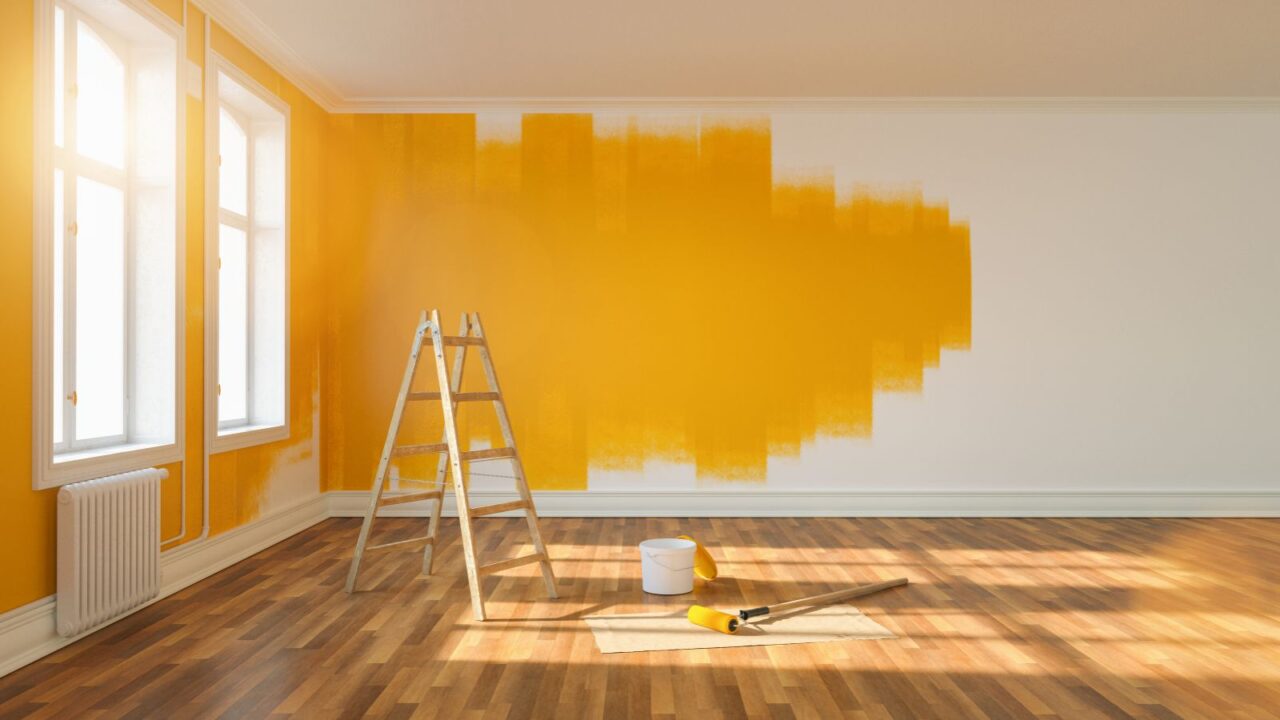
Toxic Household Fumes
Besides air fresheners, everyday household products can emit toxic fumes when in use. Think of paints, varnishes, or even non-stick cookware. These chemicals can cause respiratory distress, especially in pets with sensitive lungs.
If you’re renovating or using products with strong odors, make sure your pets are kept in a well-ventilated area, and ideally, out of the space entirely until the fumes have cleared.
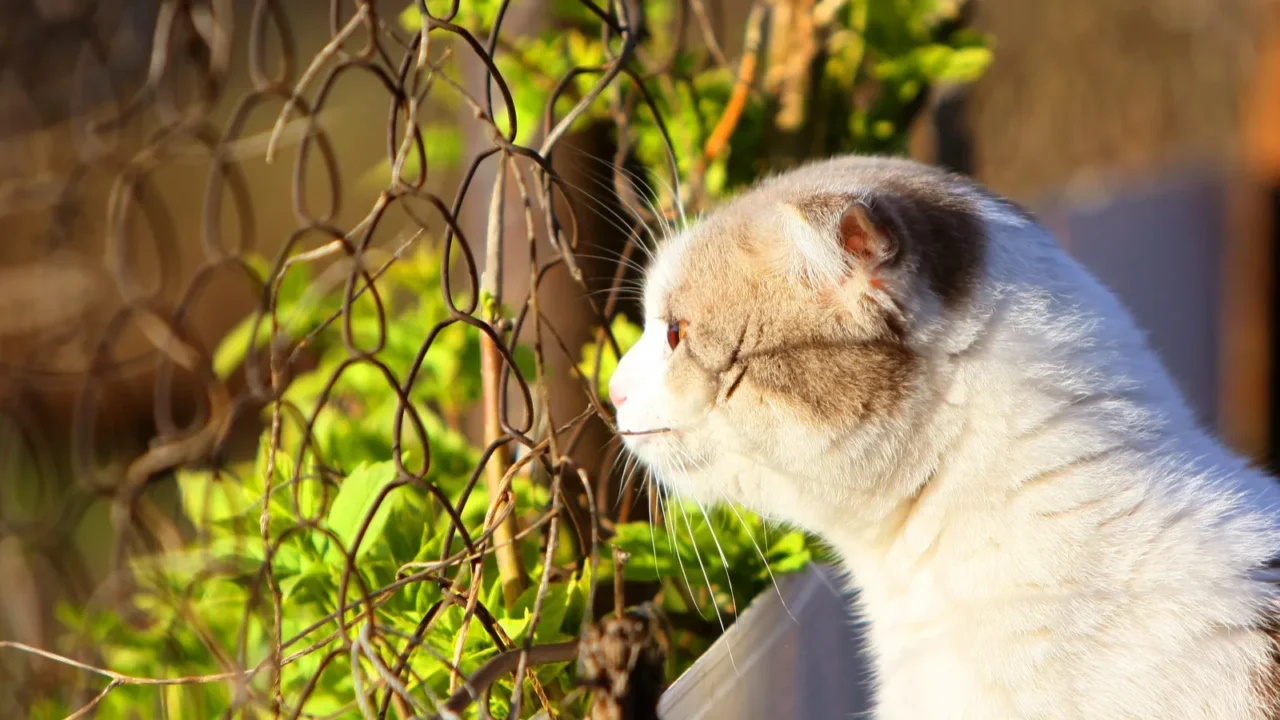
Dangerous Fencing and Gates
Is your backyard completely secure? Even if you have a fence, make sure it’s high and sturdy enough to keep your pet from escaping or getting stuck.
Gaps in the fence, broken gates, or low points where your pet might dig can all lead to accidents. Double-check your fencing, and consider getting a professional to reinforce it if necessary.
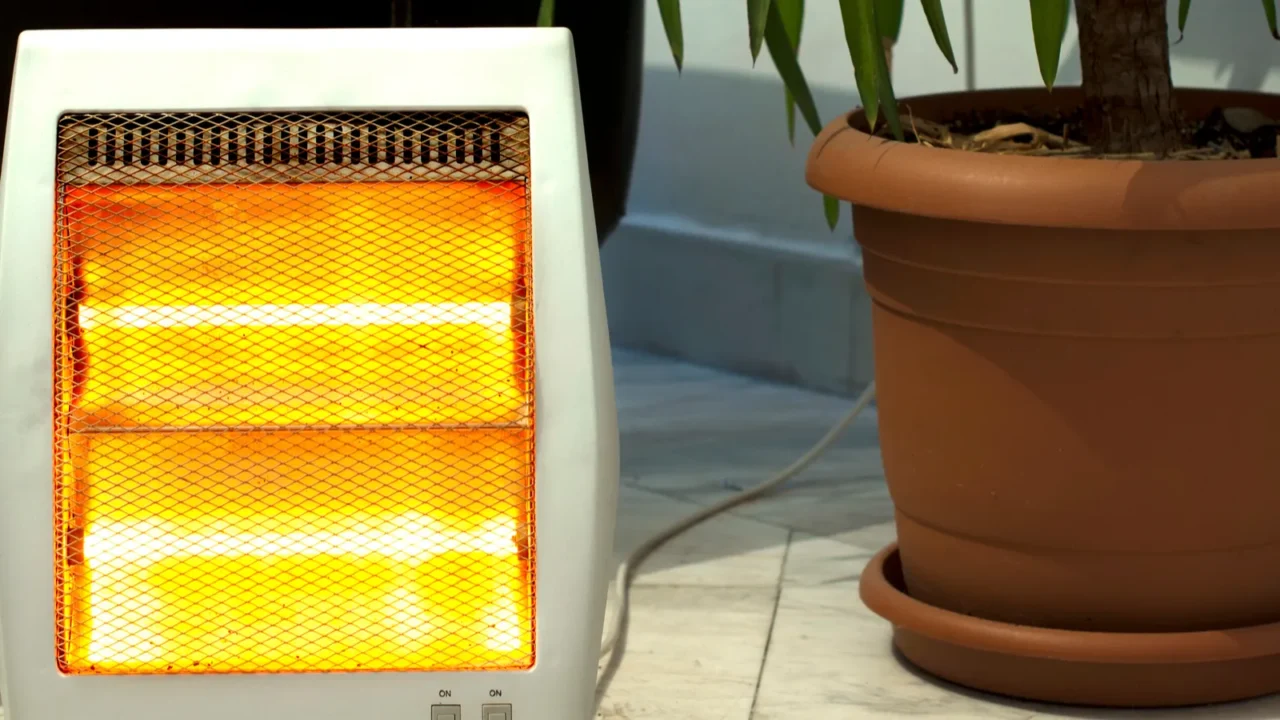
The Hidden Hazards of Space Heaters
It’s cozy to have a space heater running during the winter, but did you know that it can be a fire risk if your pet gets too close?
Cats and dogs might not realize the danger, and they could end up knocking it over or burning themselves.
Keep your space heaters well away from areas your pets frequent, and always follow the manufacturer’s safety guidelines.
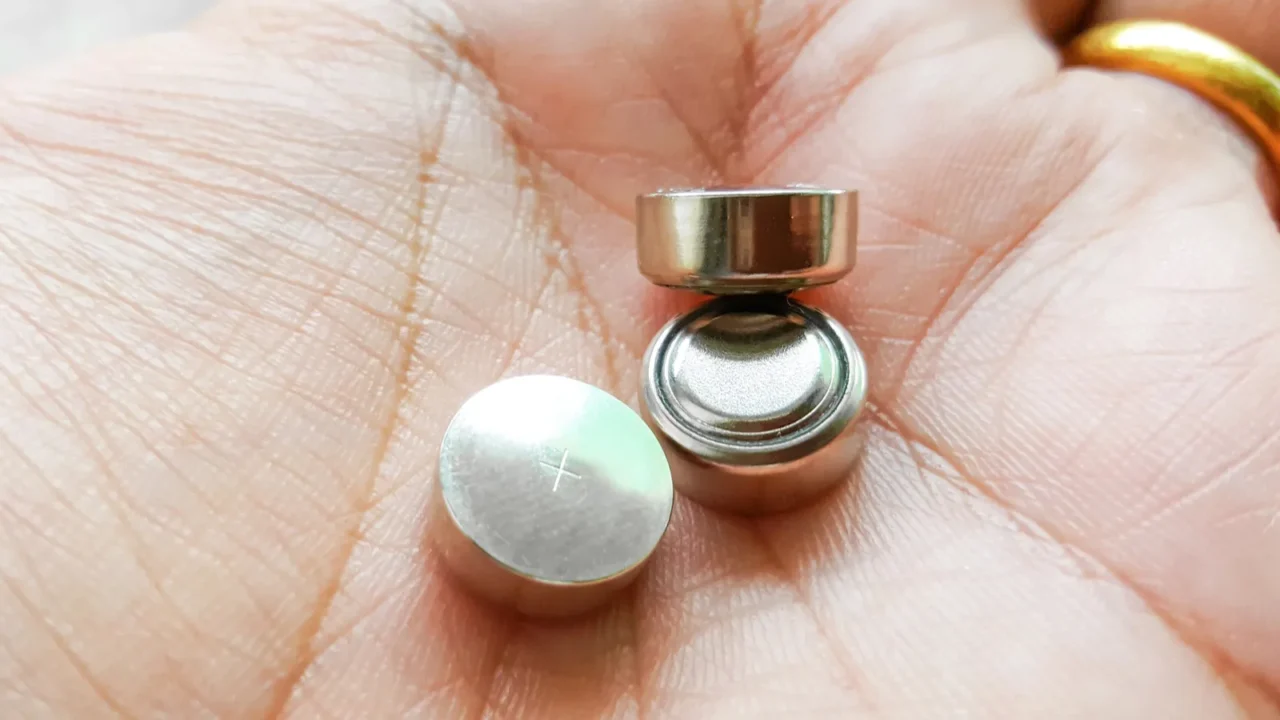
The Dangers of Household Batteries
When was the last time you checked your home for batteries lying around? Whether it’s a TV remote or a toy, batteries can be dangerous if your pet chews on them.
They can leak harmful acids or chemicals, which can be toxic. Keep batteries stored in places your pet can’t access, and if something breaks open, clean it up immediately to avoid a health risk.
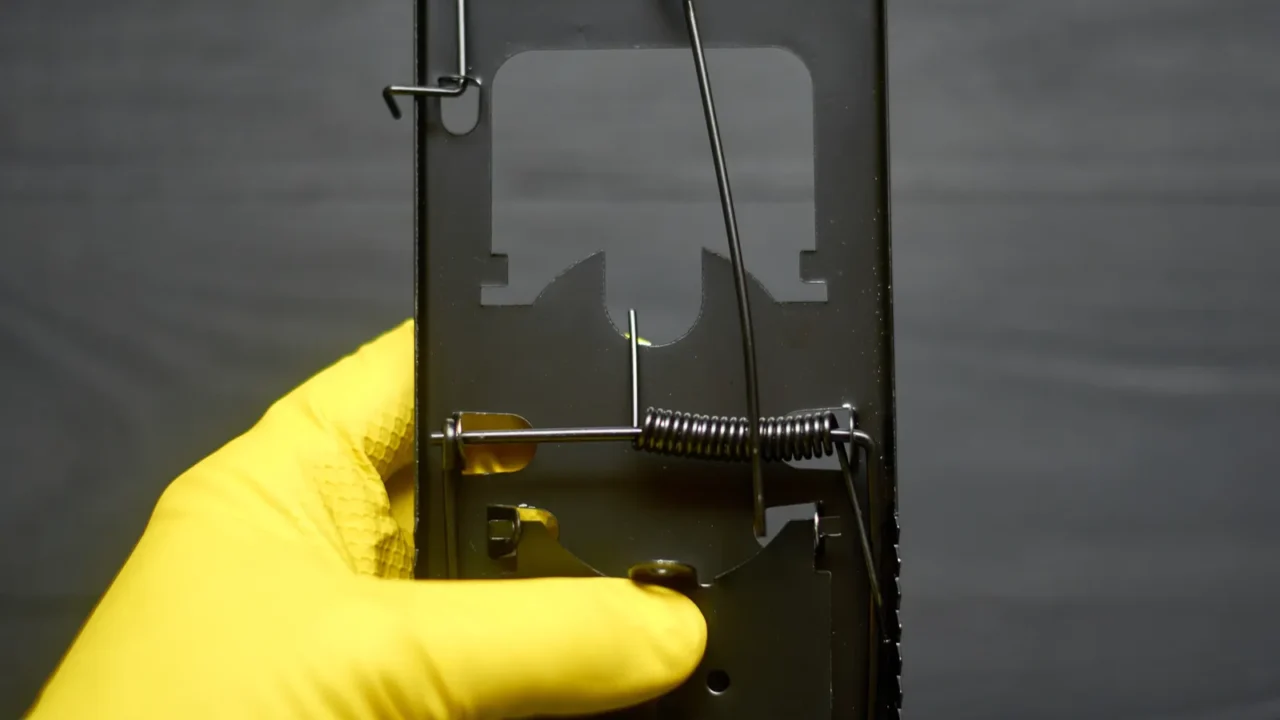
Rat Traps, Mosquito Repellents, and Germ Killers
Rat traps, mosquito repellents, or even germ killers might seem like essential items for keeping your home clean and pest-free, but they can pose serious risks to your pets.
Rat traps, whether snap or glue, are a major safety concern. If your pet gets too curious, it could easily get caught or hurt.
Plus, not using rat traps or chemical repellents is actually a safer choice for kids and toddlers in your home, too, reducing the risk of exposure to harmful toxins.
Wondering if your home is truly safe for kids? Discover potential hazards and how to fix them in this must-read piece: Is Your Home Safe or Hazardous for Kids?
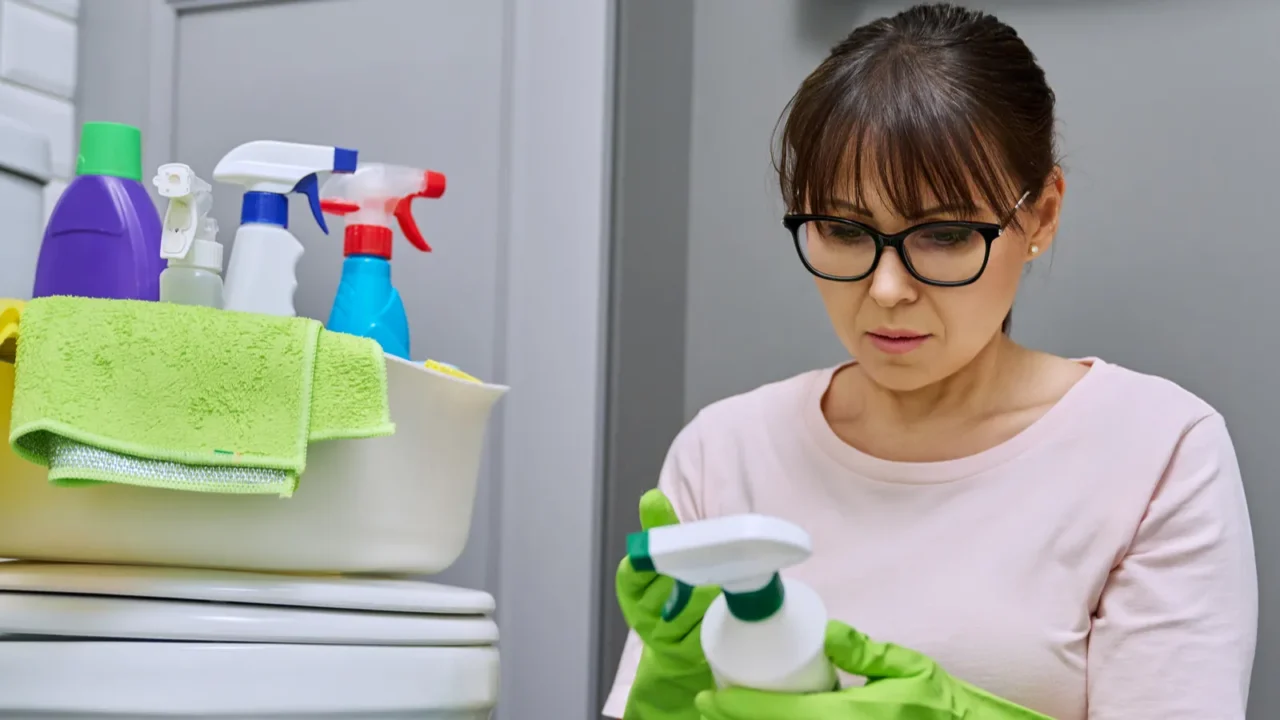
Keep Your Cleaning Products in Check
Ever thought about what’s in your cleaning products? Many common household cleaners contain harmful chemicals like bleach, ammonia, or phenols. If your pet gets into them, it could lead to serious health issues.
So, swap out your harsh cleaners for pet-safe alternatives, or make your own with ingredients like vinegar and baking soda. Your home will stay clean, and your pet will stay safe.
Want to create your own budget-friendly, non-toxic cleaning solution? Check out Clean Smarter with These Eco-Friendly Solutions.